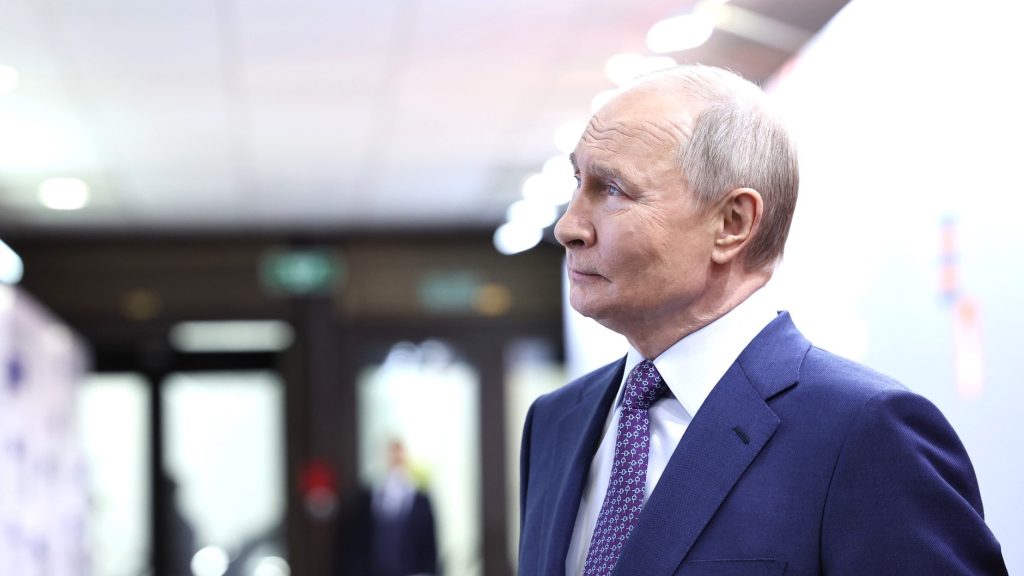A Latvian soldier serving in Ukraine says real peace is impossible under Putin—and calls for a tougher global stance.
Others are reading now
As diplomatic discussions about ending the war in Ukraine continue to stir debate, one voice from the frontlines is cutting through the noise.
Sandis Riekstiņš, a member of the Ukrainian armed forces and board member of the Latvian Sports Association, says the idea of peace with Vladimir Putin still in power is “not even on the table.”
“Mere ceasefires are just rubber-band diplomacy”
Speaking on the TV24 program Preses klubs, Riekstiņš made it clear that front-line soldiers do not support peace talks based on Russian conditions:
No one I’m serving with plans to accept any ceasefire, or peace on Putin’s terms.
Also read
He added that Ukrainian President Volodymyr Zelensky is expected to listen to the military’s position, and that everyone understands Putin’s idea of “peace” involves maintaining currently occupied territories—something the Russian leader cannot accept losing without backlash at home.
No trust in Russia’s word
Riekstiņš pointed to the Easter truce earlier this year as an example of Moscow’s insincerity:
They still launched drone strikes—targeting civilian vehicles—even during the so-called ceasefire.
According to him, Putin cannot afford to be seen returning any territory without losing political face among Russians. This dynamic makes any talk of ceasefire “a stretch of rubber,” Riekstiņš said, with no real trust on the Ukrainian side.
“The world needs to step up”
In one of his most forceful remarks, Riekstiņš dismissed the idea that peace is even possible as long as the Kremlin remains under current leadership, as according to LA.lv.
So what does a ceasefire mean to Putin? The world needs to grow a spine and wipe that country off the map. Period.
Sandis Riekstiņš, Ukrainian Armed Forces
His comments echo a broader sentiment among Ukraine’s defenders: without accountability and strategic clarity from the international community, Putin’s regime will continue to exploit any pause as an opportunity to regroup and strike again.
As battlefield conditions shift and global leaders weigh future peace frameworks, voices like Riekstiņš’s remind us what’s still at stake.


